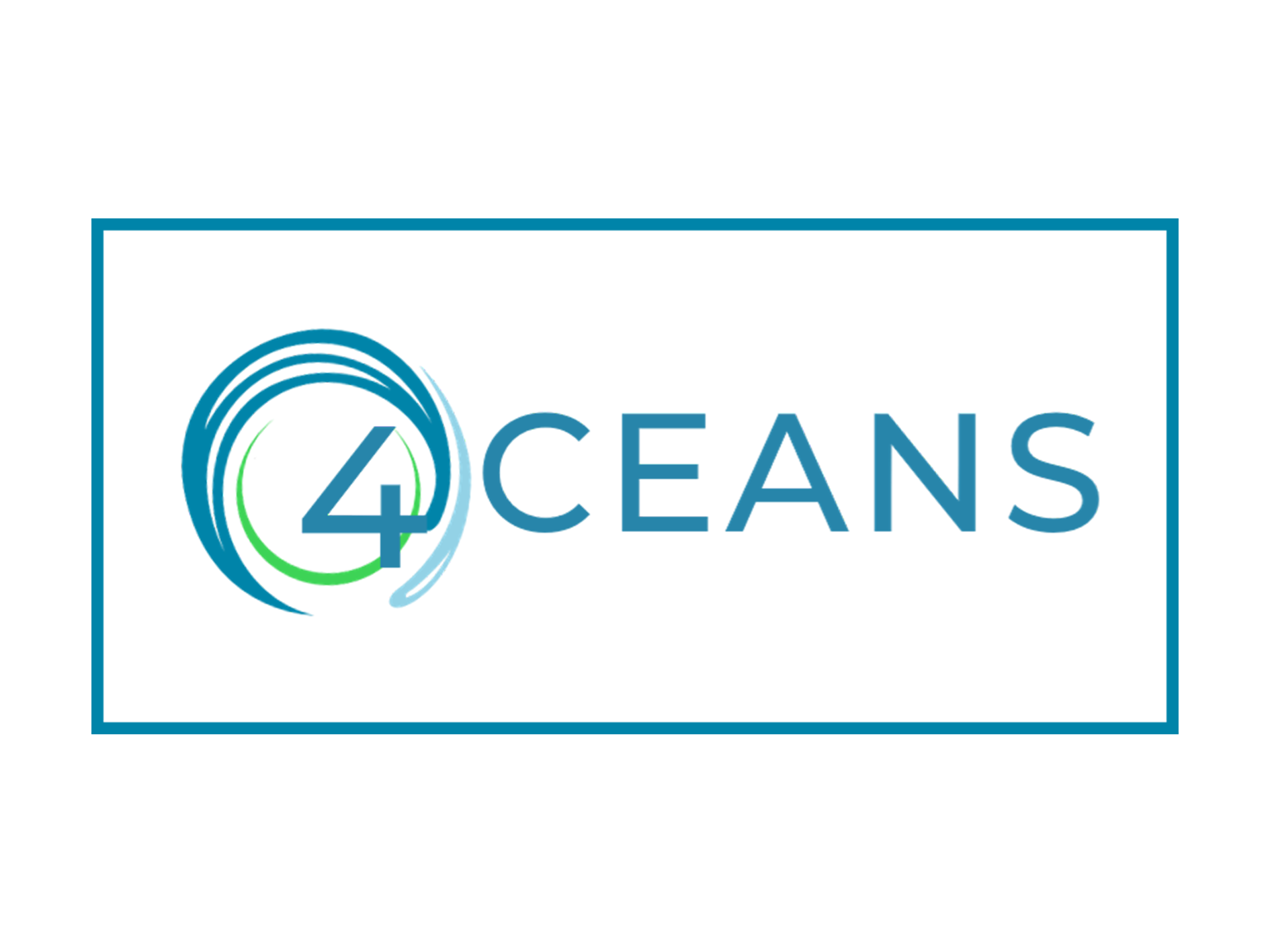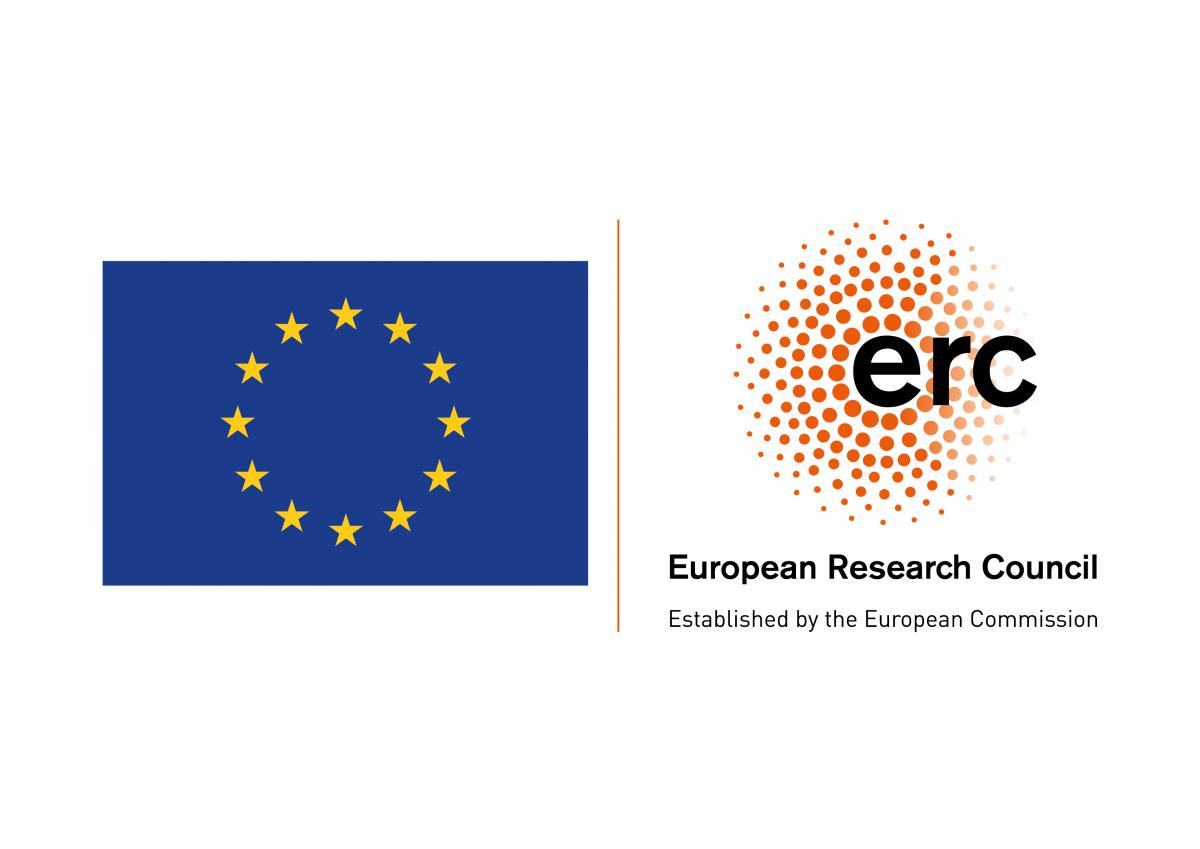
Principal Investigators:

Research agenda
Before the industrial age, the four oceans exploited by humans were the Pacific, the Indian, the Arctic and the Atlantic, hence our acronym 4-OCEANS.
Humans are driven not by what we eat but by what we want to eat. The hunt for seafood - and other uses of marine life such as fuel, ornamentation, art, and curiosity - has driven us far and wide.
Through the last two millennia, societies have diverged in their use or non-use of the ocean. Vast shell middens in Brazil reveal extensive indigenous use of nearshore ecologies. In contrast, the first people in the Canaries and Rapa Nui abandoned boat technology after settling the islands. John Cabot’s discovery of the Grand Banks of the North Atlantic sent mariners in pursuit of immense novel wealth - between 1550 and 1650 Europeans extracted fish and whales equivalent to the value of the silver mines of Latin America.
So clearly oceans mattered in human history and vice versa. But how, and how much, when, where, and with what consequences for societies? The answers will be transformative for our understanding of the human past.
Our first research question is when and where did marine resources become of major significance? To answer this we will identify marine event horizons - involving sudden onsets of widespread marine consumption -, and accelerated marine extractions - big hunts; large fisheries - through the last two millennia.
Our hypothesis is that multiple episodes of these events occurred globally, across time, and they are knowable.
Is this achievable?
Well, to ensure it is, we will initially apply a methodology of systematic review and meta-analysis. We will then attain fine-grained historical resolution and geographic coverage in two ways: by a detailed consideration of three transects as well as of two fish markets of global reach; and, secondly, by primary archival and archaeological research on 10 taxonomic groups that have been major targets of human exploitation and potentially impacted societies - Whales, Walruses, Cod, Parrotfish.
We also ask what forces drove and constrained marine exploitation.
Most know that a “year without summer” followed the 1815 eruption of Tambora. Few know it was also called the Mackerel Year, for the catch bonanza this eruption triggered off New England waters.
We will use natural and human archives alongside climate and ecosystem modelling to assess the factors that enhance or limit the productivity and availability of marine resources - including long to short-term climatic changes, driven by forces like volcanism and the El-Nino (a phenomenon known to Peruvian fishermen long before modern science).
We will also examine the forces that impacted the cost and demand for these resources, not least evolving cultural preferences, the development and exchange of ecological knowledge, demographic change, conflict, the fortunes of terrestrial agriculture and the growing integration of far-flung markets.
Finally, we’ll ask what were the consequences of marine exploitation? Untangling human and natural drivers, we’ll explain how diverse historical trajectories created global networks, fueling major centres with the products of distant ecosystems. Struggles over these ocean resources have left a deep and sometimes conflicted legacy: • Who lost and who gained? • Was marine wealth more broadly distributed than landed wealth? • Did marine resources buffer scarcity? • [How did societies cope with volatile marine-resource availability?] • And how did the extraction of this wealth impact the resource base itself?
Ultimately, our discoveries and outputs (including our World Atlas of Historical Marine Exploitation) will influence virtually every humanities- and science-based discipline touched by the sea. They will also inform the UN Decade of Ocean Science. Our results will influence how academics, citizens and managers think about the value and consumption of marine life, about our shared ocean legacy. Our project is also for the oceans.
Erc-2020-synergy-grants-results
- Trinity College Dublin Trinity Centre for Environmental Humanities
- NTNU Norwegian University of Science and Technology
- NOVA FCSH CHAM Centro De Humanidades

This project has received funding from the European Research Council (ERC) under the European Union’s Horizon 2020 research and innovation programme Grant agreement No. 951649

